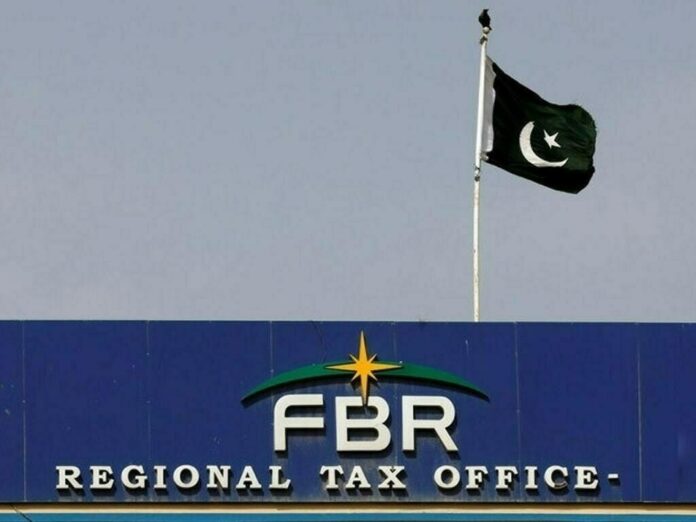The Federal Board of Revenue (FBR) has formally asked Oil Marketing Companies (OMCs) to submit their responses regarding the Pakistan Oil Refining Policy 2023, aimed at upgrading existing refineries.
This request stems from discussions around the financial and operational impacts of the policy, particularly its implications for sales tax exemptions on petroleum products under the Sales Tax Act, 1990.
The directive was communicated via a letter from the Ministry of Energy (Petroleum Division) to key stakeholders, including Pakistan State Oil (PSO), the Oil Companies Advisory Council (OCAC), and Farkhun Anwar, the focal person on oil refineries.
The FBR has sought detailed feedback on several critical issues, including:
1.The current status of payment for refundable tax claims at FBR’s respective field offices.
2.Per-liter operational and capital costs for refineries and OMCs, segregated by provincial and federal levels, along with proposals addressing retrospective and prospective sales tax challenges.
3.Potential revenue loss if Petroleum Levy (PL) is reduced to offset increases in Inland Freight Equalization Margin (IFEM) and General Sales Tax (GST).
4.Input on a draft bill to transition the sales tax exemption regime to a taxable regime.
The inquiry is part of a broader examination of how the policy might affect revenue collection and pricing mechanisms in the petroleum sector.
Brownfield refineries refer to existing facilities undergoing upgrades to enhance efficiency or capacity without being entirely rebuilt.
The matter was initially deliberated at a meeting held on December 31, 2024, at FBR headquarters. It will be further discussed in a follow-up meeting on January 3, 2025, involving focal persons from refineries and OMCs alongside FBR officials.




